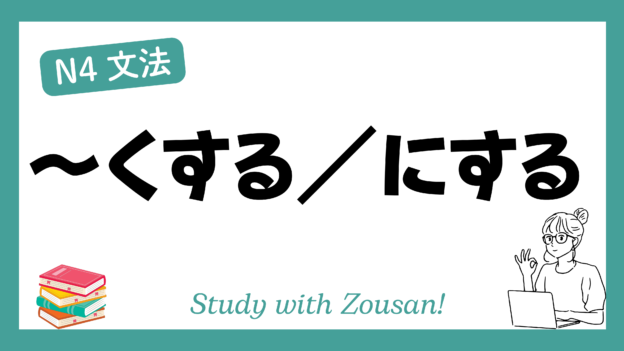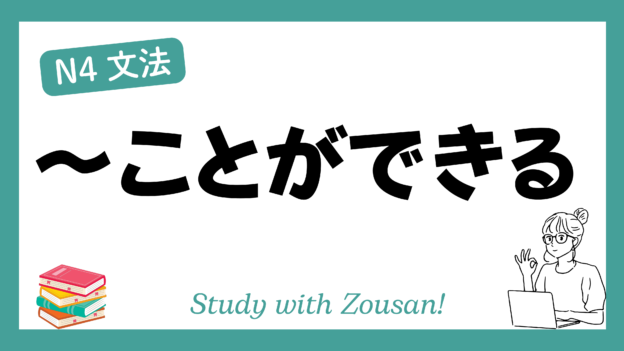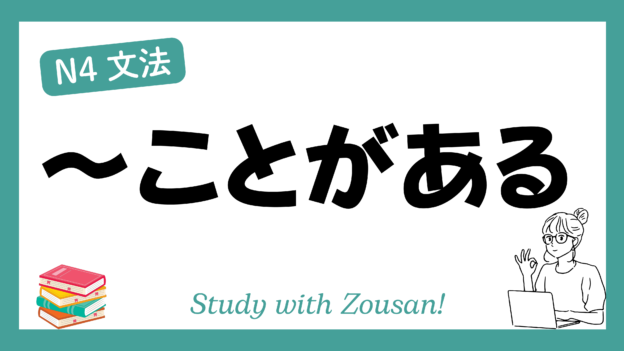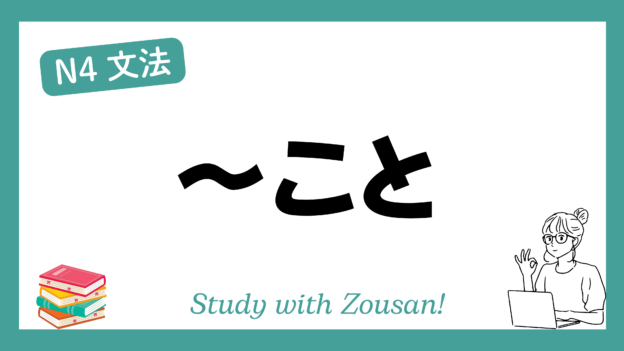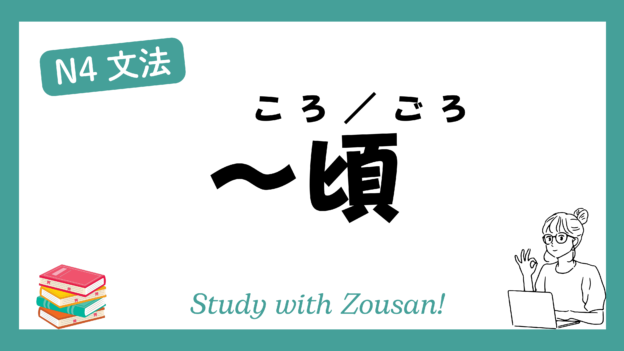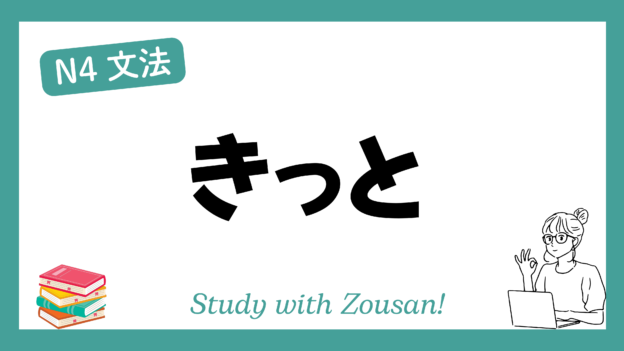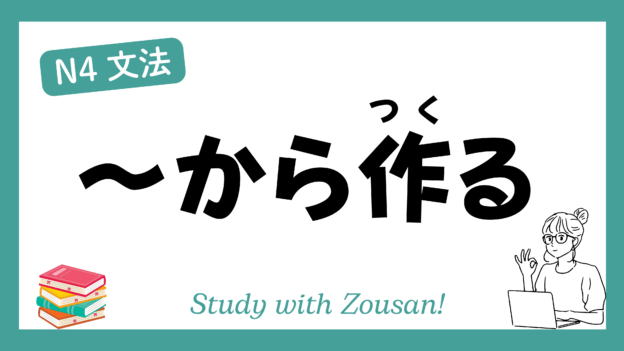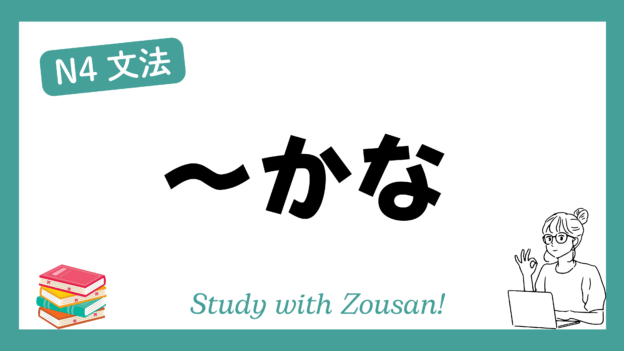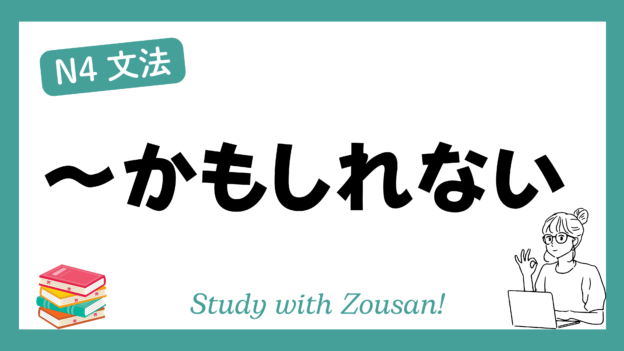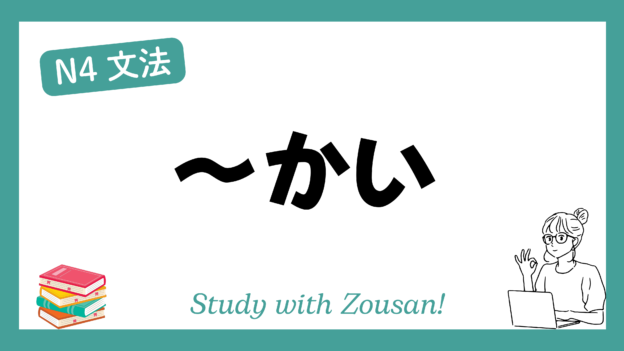Meaning: “Make…” / “Cause to become…”
~くする is used to indicate a change in the state of an い-adjective (い形容詞) to another state. This structure is used when someone wants to make something or someone become a certain way through human action or external influence.
※Note:
・~くする is only applied to い-adjectives by changing the ending い to く before adding する.
・This structure is used when someone wants to alter the state or quality of an object, situation, or condition.
・Additionally, ~くする can be used in both written and spoken language, commonly appearing in contexts describing specific changes.
Structure:
| い-adjective |
| な-adjective + にする |
Example:
-
-
-
🌟 部屋をきれいにする。
(へや を きれい に する)
Make the room clean. -
🌟 音量を大きくしてください。
(おんりょう を おおきく して ください)
Please make the volume louder. -
🌟 彼は髪を短くした。
(かれ は かみ を みじかく した)
He made his hair shorter. -
🌟 部屋を暖かくする。
(へや を あたたかく する)
Make the room warmer. -
🌟 話を簡単にしてください。
(はなし を かんたん に して ください)
Please make the story simpler. -
🌟 体を強くしたい。
(からだ を つよく したい)
I want to make my body stronger. -
🌟 部屋を暗くする。
(へや を くらく する)
Make the room darker. -
🌟 この文章をわかりやすくする。
(この ぶんしょう を わかりやすく する)
Make this sentence easier to understand. -
🌟 水を冷たくした。
(みず を つめたく した)
I made the water cold. -
🌟 この問題をもっと重要にするべきだ。
(この もんだい を もっと じゅうよう に する べき だ)
We should make this issue more important.
-
-


